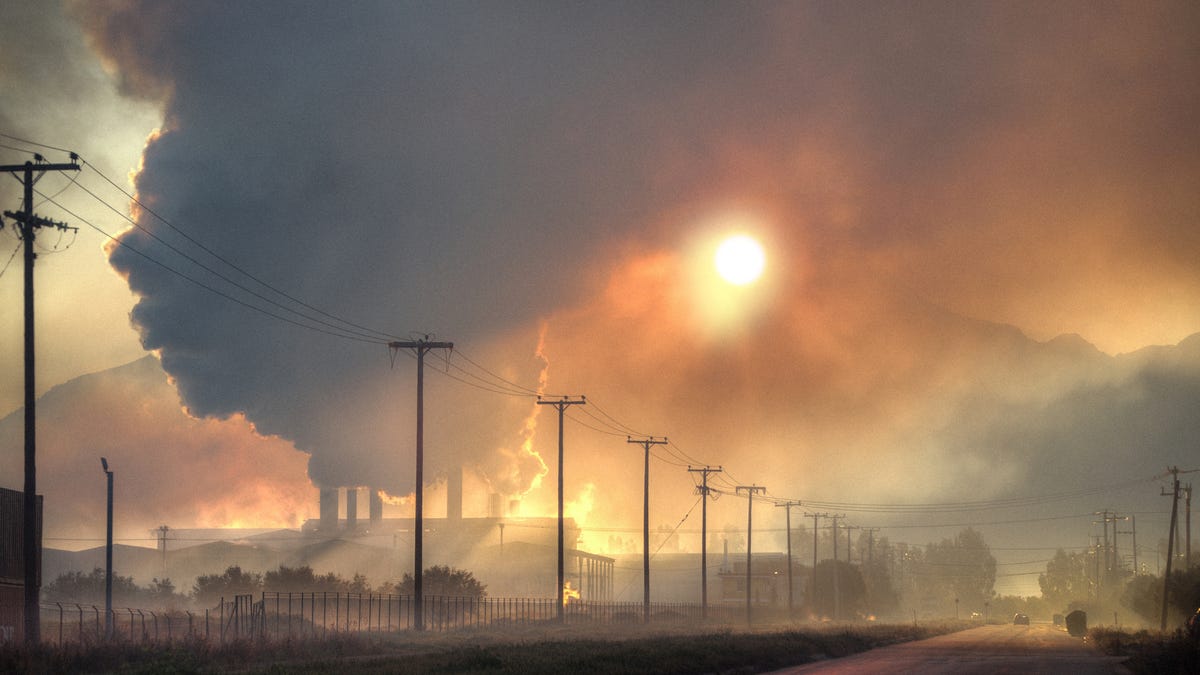COP26 climate agreement strikes some as 'good deal,' others as 'blah, blah, blah'
The compromise reached at the UN climate summit officially points a finger at coal but stops short of a "phase out."

Nearly 200 countries reached an agreement at the United Nations COP26 climate summit Saturday that UN Secretary-General António Guterres said takes important steps but still leaves us "knocking on the door of climate catastrophe."
"The approved texts are a compromise," Guterres said in a statement. "They reflect the interests, the conditions, the contradictions and the state of political will in the world today. They take important steps, but unfortunately the collective political will was not enough to overcome some deep contradictions."
The agreement is the first to come out of a UN climate summit with mention of the role of fossil fuels in the climate crisis. But at the last minute, language to "phase out" coal power was changed to "phase down," a move some said would make it hard to reach key goals around warming. COP26 President Alok Sharma became tearful as he apologized for the last-minute change to the language, which was watered down after India negotiated a deal with China.
The COP26 agreement, known as the Glasgow Climate Pact, was struck following two weeks of negotiations in the Scottish city, which brought together world leaders, including US President Joe Biden and former President Barack Obama. COP26 was the first UN climate summit to take place since the publication of the "code red" IPCC report was published in August containing the latest scientific research about how the Earth is already feeling irreversible impacts of climate change.
Saturday's agreement asks governments to strengthen emissions-reduction targets by the end of 2022 to keep alive the goal of the Paris climate accords signed six years ago. That treaty calls for holding the rise in the Earth's average temperature to well below 2 degrees Celsius above preindustrial levels -- and if possible, to 1.5 degrees Celsius above those levels. But the COP26 agreement has no enforcement mechanism and only urges countries to act. Still, it calls on governments to return next year with their more robust plans to curb emissions, with some negotiators seeing that review as a way to bring about new cuts, The Wall Street Journal reported.
Altered language aside, the agreement includes an explicit call to countries to accelerate their efforts to cut down on coal, the fossil fuel that's worst when it comes to greenhouse gas emissions, and to speed an end to fossil fuel subsidies. And it promises more money to small and developing countries for mitigation and adaptation.
"It's a good deal for the world," US climate envoy John Kerry told The Associated Press. "It's got a few problems, but it's all in all a very good deal."
Others weren't so sure. In regard to funds for smaller countries, developed nations have already missed the deadline for providing $100 billion annually to these countries by 2020. That means trust is low, and many of these countries are disappointed the agreement doesn't lay the groundwork for establishing a loss and damage fund. This would've provided them with the money they need to pay for immediate damage caused by the climate crisis, which is largely caused by developing countries.
Climate activist Greta Thunberg dismissed the agreement as more of the same old talk without real action.
"The #COP26 is over. Here's a brief summary: Blah, blah, blah," Thunberg tweeted. "Unless we achieve immediate, drastic, unprecedented, annual emission cuts at the source then that means we're failing when it comes to this climate crisis," she said in another tweet, adding that "small steps in the right direction" and "making some progress" equals losing.
Read more: How climate change traps poor countries between poverty and disaster



